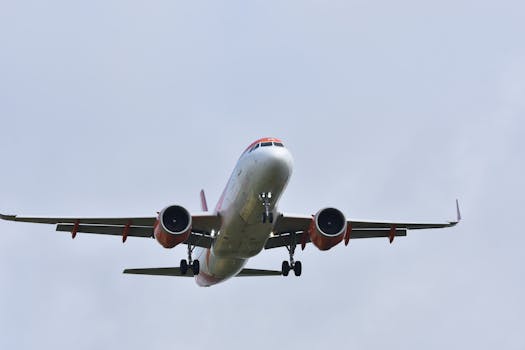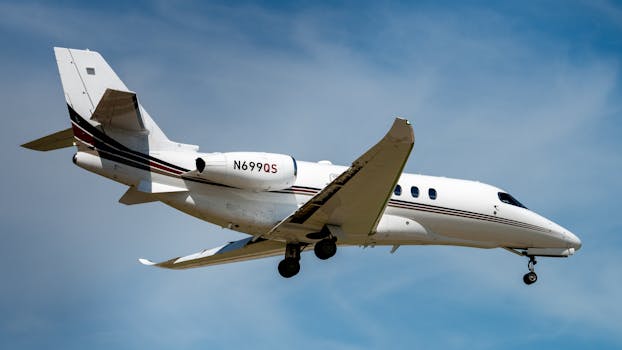
The Future of Luxury Jet Airplanes: Innovations and Trends to Watch
Takeaways:
- The luxury jet market is evolving with new technologies and sustainable practices.
- Innovations like electric and hybrid jets are paving the way for greener air travel.
- Enhanced onboard experiences are being prioritized to cater to high-end customers.
- The market is expanding with new entrants and bespoke services.
In recent years, the world of luxury jet airplanes has witnessed a remarkable transformation, characterized by rapid advancements in technology, a growing emphasis on sustainability, and an ever-evolving consumer demand for personalized travel experiences. As we look towards the future, these trends are set to reshape the landscape of private aviation, making it more luxurious, efficient, and environmentally friendly than ever before.
Technological Innovations in Luxury Jets

Electric and hybrid aircraft are at the forefront of these innovations. Companies like Ampaire and Hart Aerospace are developing electric propulsion systems that promise to reduce carbon emissions and operational costs significantly. These advancements could lead to a new era of luxury aviation, where jets are powered by clean energy sources, providing a more sustainable option for discerning travelers.
Moreover, advancements in materials science have led to the development of lighter and stronger materials, which contribute to improved fuel efficiency and performance. Aircraft manufacturers are now using composites and innovative aerodynamics to optimize their designs, resulting in jets that are not only faster but also more comfortable for passengers.
Another significant trend is the integration of artificial intelligence (AI) and automation in flight operations. AI can enhance safety by providing real-time data analysis and predictive maintenance, ensuring that the aircraft is always in optimal condition. As these technologies become more prevalent, they will allow pilots to focus more on the passenger experience rather than just the technical aspects of flying.
Sustainability: A New Priority in Private Aviation

Several major players in the aviation industry are committing to using SAFs in their fleets. This shift not only helps reduce emissions but also appeals to eco-conscious travelers who are looking for sustainable options in luxury travel. Additionally, the industry is exploring carbon offset programs, allowing clients to mitigate their environmental impact through various initiatives.
Moreover, luxury jet manufacturers are prioritizing energy-efficient designs that reduce fuel consumption without sacrificing performance. By focusing on fuel-efficient engines and optimizing flight routes, companies can help minimize the environmental impact of private air travel. This commitment to sustainability is becoming a key differentiator in a competitive market where consumers are increasingly valuing eco-friendly choices.
The Evolution of Passenger Experience

In-flight services are also evolving, with a strong emphasis on gourmet dining and bespoke entertainment options. Catering to the tastes of luxury travelers, airlines are partnering with renowned chefs and luxury brands to offer unique culinary experiences onboard. Additionally, advancements in connectivity are ensuring that passengers can stay connected to their work and personal lives, regardless of altitude.
With the rise of remote work, the concept of ‘work-from-air’ is gaining traction. Luxury jets are increasingly equipped with high-speed internet and state-of-the-art conference facilities, enabling business travelers to conduct meetings and collaborate while in the sky. This seamless blend of work and leisure is appealing to a new generation of travelers who expect their travel experience to be as productive as it is enjoyable.
The future of luxury jet airplanes is bright and full of potential. With a focus on innovation, sustainability, and enhanced passenger experiences, the industry is poised for significant growth. As technology continues to evolve and consumer preferences shift, luxury aviation will undoubtedly adapt, setting new standards for what it means to travel in style.




